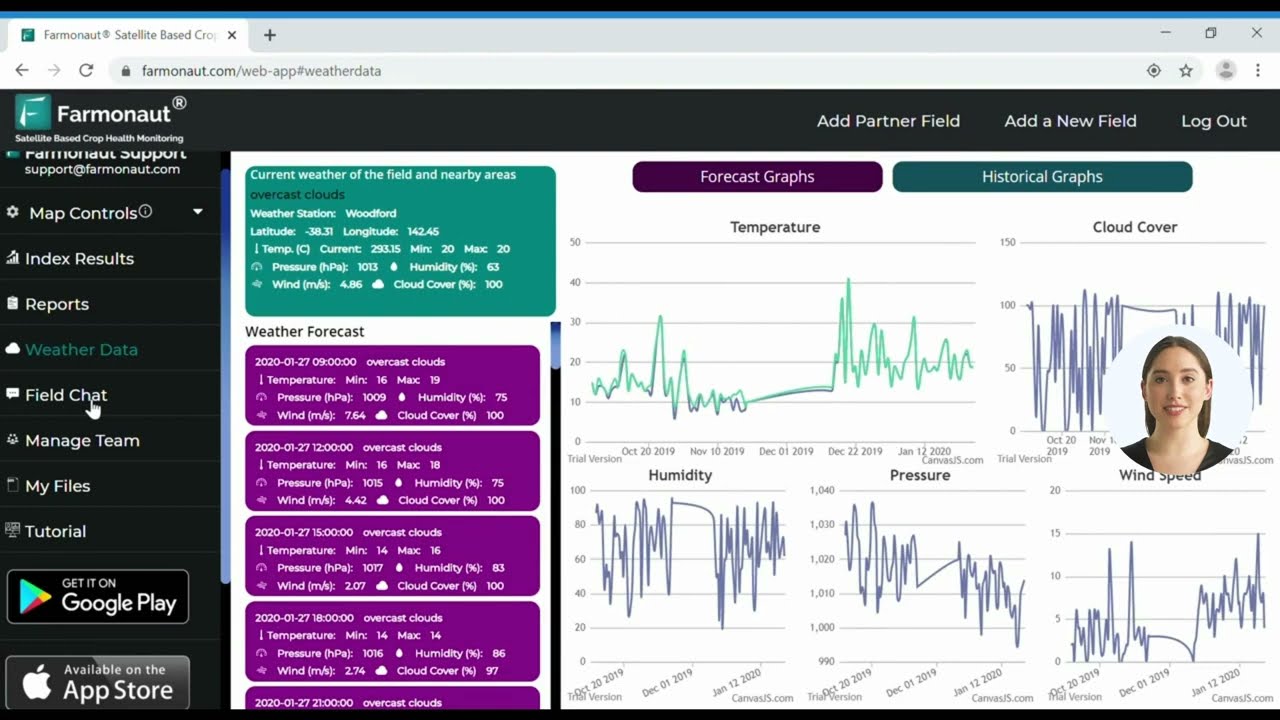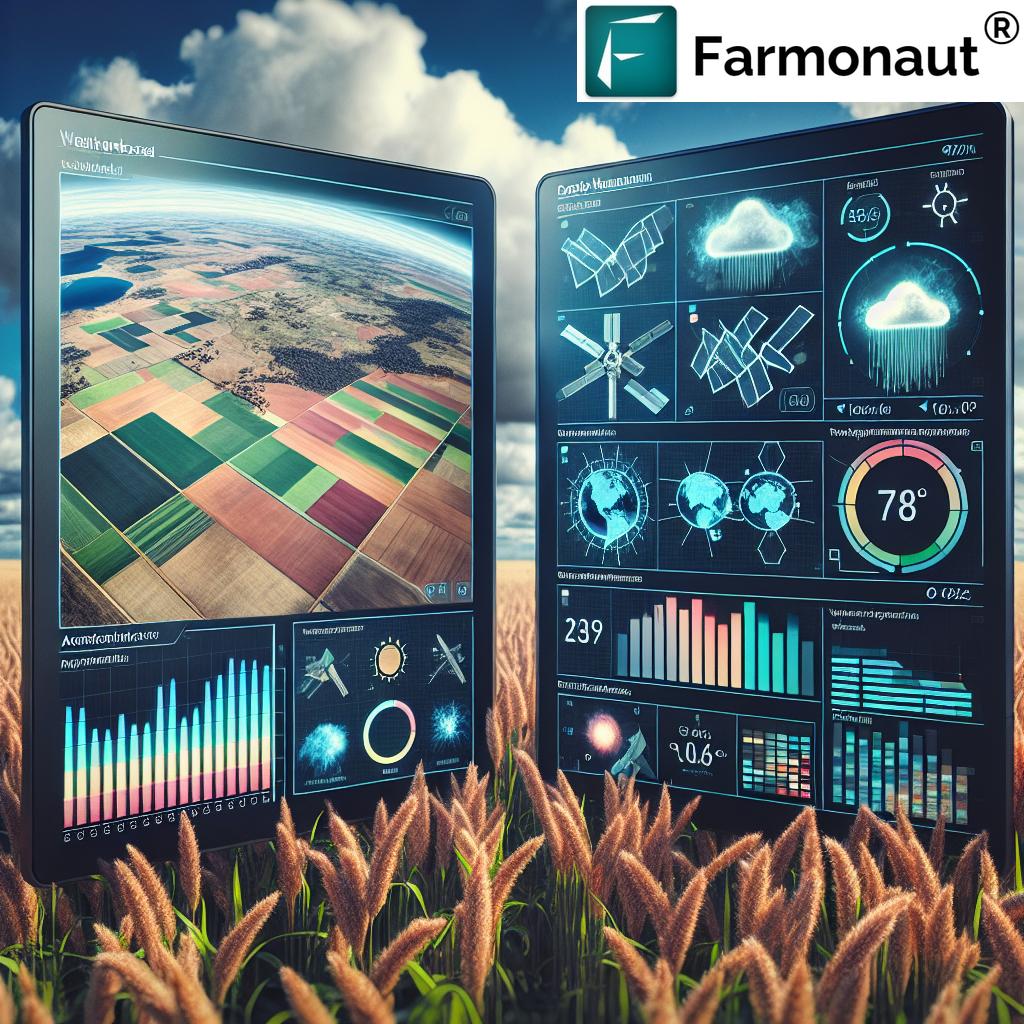Mastering NSW Recreational Fishing Fees: Your Ultimate Guide to Licences, Exemptions, and Sustainable Practices

“NSW’s Recreational Fishing Fee system contributes to managing over 100 species across freshwater and saltwater environments.”
Welcome to our comprehensive guide on mastering NSW recreational fishing fees, licences, exemptions, and sustainable practices. As avid anglers and agricultural experts, we understand the importance of responsible fishing and the role it plays in preserving our aquatic ecosystems. In this blog post, we’ll dive deep into the world of recreational fishing regulations in New South Wales (NSW), Australia, and explore how these guidelines intersect with agricultural water management and sustainable farming practices.
Understanding NSW Recreational Fishing Fees
In NSW, recreational fishing is a popular pastime that requires careful management to ensure the sustainability of our fish stocks. The NSW Government has implemented a mandatory Recreational Fishing Fee system to support fisheries management and enhance fishing experiences across the state. This fee applies to both freshwater and saltwater environments, covering over 100 species of fish.
Here’s a breakdown of the NSW Recreational Fishing Fee structure:
| License Type | Duration | Fee (AUD) | Eligibility/Notes |
|---|---|---|---|
| Short-term | 3 days | $7 | Ideal for visitors or occasional anglers |
| Monthly | 1 month | $14 | Suitable for extended fishing trips |
| Annual | 1 year | $35 | Best value for regular anglers |
| Long-term | 3 years | $85 | Most economical for dedicated fishers |
It’s important to note that these fees contribute directly to fisheries management, research, and habitat restoration projects across NSW. By paying this fee, anglers play a crucial role in maintaining healthy fish populations and improving fishing infrastructure.
How to Obtain Your NSW Recreational Fishing Licence
Obtaining your NSW recreational fishing licence is a straightforward process. Here are the main ways you can pay the fee and receive your licence:
- Online: Visit the official NSW Department of Primary Industries (DPI) website to pay your fee and receive an instant digital receipt.
- Phone: Call the dedicated fishing fee hotline to pay over the phone.
- In-person: Visit one of the many accredited agents across NSW, including tackle shops, fishing co-ops, and some service stations.
Remember, your receipt serves as your licence, so always carry it with you when fishing. For added convenience, you can store a digital copy on your mobile device.
Exemptions and Special Considerations
While most anglers need to pay the recreational fishing fee, there are some exemptions. These include:
- Children under 18 years of age
- Seniors Card holders
- Pensioner Concession Card holders
- Aboriginal and Torres Strait Islander people
It’s crucial to note that even if you’re exempt from paying the fee, you still need to follow all fishing rules and regulations. Always check the latest guidelines before heading out to fish.
The Importance of Sustainable Fishing Practices
Sustainable fishing practices are essential for maintaining healthy fish populations and preserving our aquatic ecosystems. Here are some key points to remember:
- Adhere to bag and size limits for different fish species
- Use appropriate fishing gear to minimize harm to fish and their habitats
- Practice catch and release when possible, especially for threatened species
- Be aware of fishing closures and protected areas
- Dispose of fishing waste responsibly, including lines and hooks
By following these practices, we can ensure that future generations can enjoy recreational fishing in NSW’s beautiful waterways.

The Intersection of Recreational Fishing and Agricultural Water Management
As we delve deeper into the world of recreational fishing, it’s crucial to understand its connection to agricultural water management. Many of NSW’s waterways are shared between recreational anglers and farmers, making responsible water use a priority for both groups.
“Online platforms and over 1,000 accredited agents offer convenient payment options for NSW fishing licenses.”
Agricultural water management plays a significant role in maintaining healthy aquatic ecosystems. Farmers who implement sustainable irrigation practices and minimize runoff help preserve water quality, which is essential for fish populations. Here are some key aspects of agricultural water management that benefit both farming and recreational fishing:
- Implementing precision irrigation systems to reduce water waste
- Using cover crops to prevent soil erosion and nutrient runoff
- Creating buffer zones between farmland and waterways
- Adopting integrated pest management to reduce chemical use
By embracing these practices, farmers contribute to the health of our waterways, supporting both their agricultural needs and the thriving recreational fishing industry in NSW.
Precision Agriculture Technology and Its Impact on Water Management
Advancements in precision agriculture technology have revolutionized the way farmers manage water resources. These innovations not only benefit agricultural production but also contribute to the health of our waterways and fish populations. Let’s explore some of these technologies:
- Satellite-based crop monitoring: Technologies like those offered by Farmonaut allow farmers to monitor crop health and soil moisture levels remotely. This enables more precise irrigation, reducing water waste and runoff.
- Soil moisture sensors: These devices provide real-time data on soil moisture levels, helping farmers irrigate only when necessary.
- Weather stations: On-farm weather stations help farmers make informed decisions about irrigation based on local conditions.
- Drip irrigation systems: These efficient systems deliver water directly to plant roots, minimizing evaporation and runoff.
By leveraging these technologies, farmers can optimize their water use, reducing the impact on nearby waterways and helping to maintain healthy aquatic ecosystems for recreational fishing.
Soil Health Management and Its Effect on Water Quality
Soil health is a critical factor in both agricultural productivity and water quality. Healthy soils act as natural filters, reducing the amount of sediment and nutrients that enter waterways. This, in turn, helps maintain clean water for fish populations. Here are some soil health management practices that benefit both farming and recreational fishing:
- Crop rotation to improve soil structure and reduce erosion
- Minimal tillage practices to preserve soil organic matter
- Cover cropping to protect soil during fallow periods
- Proper nutrient management to prevent excess fertilizer runoff
By implementing these practices, farmers can improve their soil health while also contributing to cleaner waterways and healthier fish populations for recreational anglers to enjoy.
Crop Yield Optimization and Its Relationship to Water Conservation
Optimizing crop yields is not just about producing more food; it’s also about using resources efficiently, including water. When farmers can produce more with less, they reduce the pressure on water resources, which benefits aquatic ecosystems. Here are some strategies for crop yield optimization that also support water conservation:
- Precision planting to ensure optimal plant spacing and reduce water competition
- Varietal selection to choose crops suited to local climate conditions
- Integrated pest management to reduce chemical runoff into waterways
- Timely harvesting to maximize yield and minimize water use in late-season irrigation
By focusing on these strategies, farmers can improve their yields while also supporting the health of nearby waterways and fish populations.
Farm Budget Planning and Water Resource Allocation
Effective farm budget planning is crucial for managing resources, including water. By carefully allocating funds for water-efficient technologies and practices, farmers can reduce their environmental impact while potentially lowering operational costs. Here are some considerations for farm budget planning that benefit both agriculture and recreational fishing:
- Investing in water-efficient irrigation systems
- Allocating funds for regular soil testing and nutrient management
- Budgeting for cover crop seeds and implementation
- Setting aside resources for ongoing education and training in sustainable practices
By prioritizing these areas in their budgets, farmers can contribute to better water management and support healthy aquatic ecosystems.
Agricultural Land Use Strategies for Water Conservation
The way we use agricultural land has a significant impact on water resources and, by extension, on recreational fishing. Implementing smart land use strategies can help conserve water and protect aquatic habitats. Here are some key approaches:
- Implementing contour farming to reduce runoff and erosion
- Creating and maintaining riparian buffers along waterways
- Practicing agroforestry to improve water retention and reduce erosion
- Using terracing on sloped land to prevent soil loss and improve water infiltration
These strategies not only benefit agricultural production but also help maintain clean waterways for fish populations to thrive.
Fisheries Management Systems and Their Role in Sustainable Fishing
Effective fisheries management systems are crucial for maintaining healthy fish populations and ensuring sustainable recreational fishing. These systems involve a combination of scientific research, policy-making, and enforcement. Here’s how fisheries management contributes to sustainable fishing practices:
- Conducting regular fish stock assessments to inform catch limits
- Implementing seasonal closures to protect spawning populations
- Establishing marine protected areas to preserve critical habitats
- Enforcing regulations on fishing gear and methods to minimize bycatch
- Educating anglers about sustainable fishing practices and regulations
By supporting these management efforts, both through compliance and the recreational fishing fee, anglers play a crucial role in maintaining healthy fisheries for future generations.
Aquaculture Innovations and Their Impact on Recreational Fishing
Aquaculture, or fish farming, plays an increasingly important role in meeting global seafood demand while potentially reducing pressure on wild fish stocks. Innovations in this field can have positive impacts on recreational fishing by:
- Reducing the need for commercial fishing in certain areas, allowing wild populations to recover
- Developing more sustainable feed sources that don’t deplete wild fish stocks
- Improving disease management in farmed fish, reducing the risk of spread to wild populations
- Enhancing breeding programs for restocking initiatives that support recreational fishing
As aquaculture technologies continue to advance, they may offer new opportunities to support and enhance recreational fishing experiences while promoting sustainability.
The Role of Technology in Sustainable Fishing and Agriculture
Technology plays a crucial role in both sustainable fishing practices and modern agriculture. Innovative solutions are helping to bridge the gap between these two sectors, promoting more efficient resource use and environmental protection. Here are some ways technology is making a difference:
- Satellite-based monitoring: Companies like Farmonaut offer satellite-based crop monitoring services that can help farmers optimize water use and reduce runoff, benefiting nearby waterways.
- Mobile apps: Fishing apps can provide real-time information on regulations, catch limits, and fish identification, helping anglers fish responsibly.
- Precision agriculture tools: GPS-guided equipment and variable rate technology allow farmers to apply inputs more precisely, reducing environmental impact.
- Underwater drones: These devices can be used for non-invasive fish population surveys and habitat assessments.
By embracing these technologies, both farmers and anglers can contribute to more sustainable practices that benefit our ecosystems.
Frequently Asked Questions
- Q: Do I need a fishing licence to fish in NSW?
A: Yes, most people need to pay the NSW recreational fishing fee, which serves as your fishing licence. There are some exemptions, such as for children under 18 and seniors. - Q: How can I pay for my NSW fishing licence?
A: You can pay online through the NSW DPI website, by phone, or in person at accredited agents across NSW. - Q: Are there different licences for freshwater and saltwater fishing in NSW?
A: No, the NSW recreational fishing fee covers both freshwater and saltwater fishing. - Q: How does agricultural water management affect recreational fishing?
A: Responsible agricultural water management helps maintain water quality and quantity in rivers and lakes, which is crucial for healthy fish populations and good fishing experiences. - Q: What are some sustainable fishing practices I should follow?
A: Key practices include adhering to bag and size limits, using appropriate gear, practicing catch and release when possible, and being aware of fishing closures and protected areas.
Conclusion
Mastering NSW recreational fishing fees and understanding their importance is crucial for any angler in the region. By paying these fees and following sustainable fishing practices, we contribute to the health of our aquatic ecosystems and ensure great fishing experiences for years to come.
Moreover, recognizing the interconnectedness of recreational fishing, agricultural water management, and sustainable farming practices is essential. As we’ve explored, technologies like those offered by Farmonaut for precision agriculture can play a significant role in promoting water conservation and soil health, which in turn benefits our waterways and fish populations.
Whether you’re an angler casting a line in NSW’s beautiful waters or a farmer managing your land, remember that your actions have a ripple effect on our shared environmental resources. By embracing sustainable practices and leveraging innovative technologies, we can all play a part in preserving our natural heritage for future generations.
For more information on Farmonaut’s satellite-based crop monitoring services, visit our API page or check out our API Developer Docs.




















